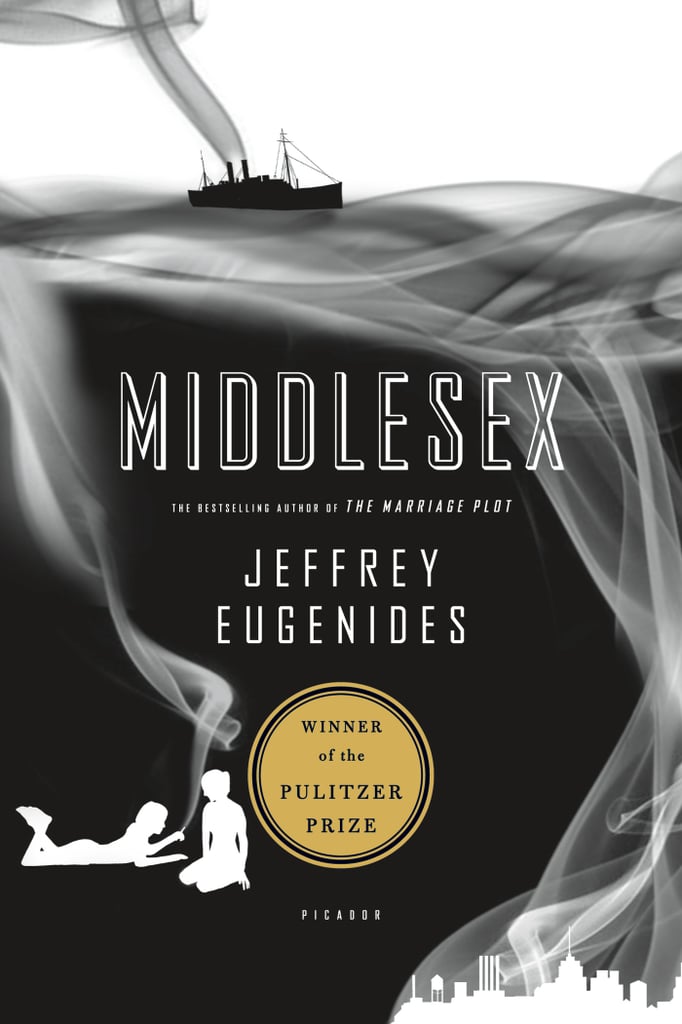
One visitor to the book club website who objected to the novel's plotting had a challenge – for me as much as for the novelist: "I can't quite articulate what I dislike so much about Middlesex, but it began with the incest, which wasn't a necessary part of the story and which I just found repugnant. The answer is d), and the fact that the couple are also brother and sister provoked some puzzlement. The Oprah Winfrey website even ran a quiz about Middlesex, the second question of which no reader at the Guardian book club would have failed to answer correctly: "In which way are Lefty and Desdemona (the narrator's grandparents) not related? a) third cousins b) brother and sister c) husband and wife d) aunt and nephew". The novelist confessed to taking a conscious pleasure in the trickery, much influenced by his own academic reading, but claimed to be entirely surprised that he had also produced a bestseller. With its mixture of postmodern narrative trickery and old-fashioned family saga, it had managed to reach an unusual range of readers. ( From the publisher.W hen Jeffrey Eugenides came to the Guardian book club to discuss his novel Middlesex, there was admiration of the fact that such a sophisticated book, layered with literary allusions, should also have been a selection for the Oprah Winfrey book club. It marks the fulfillment of a huge talent, named one of America's best young novelists by both Granta and The New Yorker. Spanning eight decades and one unusually awkward adolescence, Jeffrey Eugenides's long-awaited second novel is a grand, utterly original fable of crossed bloodlines, the intricacies of gender, and the deep, untidy promptings of desire. Back to a tiny village in Asia Minor where two lovers, and one rare genetic mutation, set in motion the metamorphosis that will turn Callie into a being both mythical and perfectly real: a hermaphrodite. The explanation for this shocking state of affairs takes us out of suburbia-back before the Detroit race riots of 1967, before the rise of the Motor City and Prohibition, to 1922, when the Turks sacked Smyrna and Callie's grandparents fled for their lives. In fact, she is not really a girl at all.


The passion that furtively develops between them along with Callie's failure to develop leads Callie to suspect that she is not like other girls. In the spring of 1974, Calliope Stephanides, a student at a girls' school in Grosse Pointe, finds herself drawn to a chain-smoking, strawberry blond clasmate with a gift for acting.


 0 kommentar(er)
0 kommentar(er)
